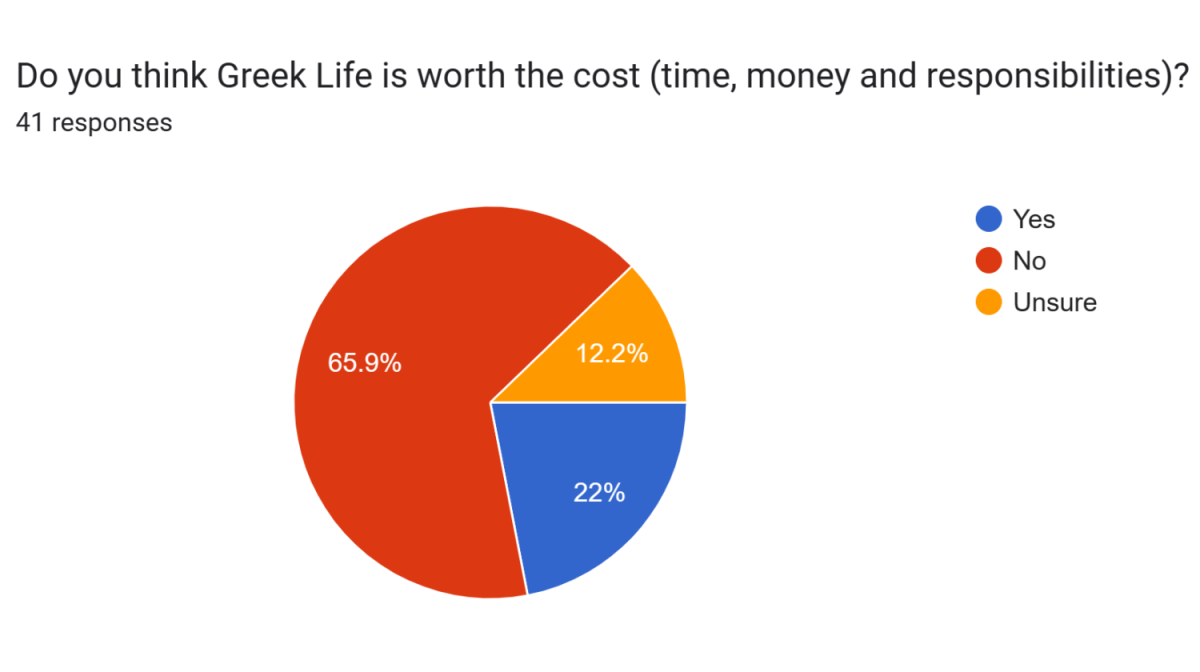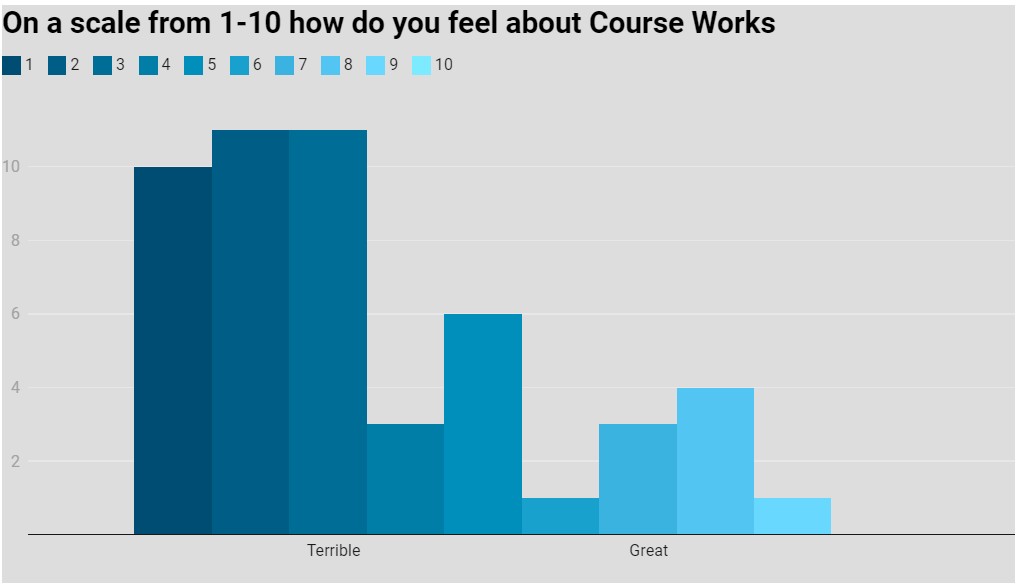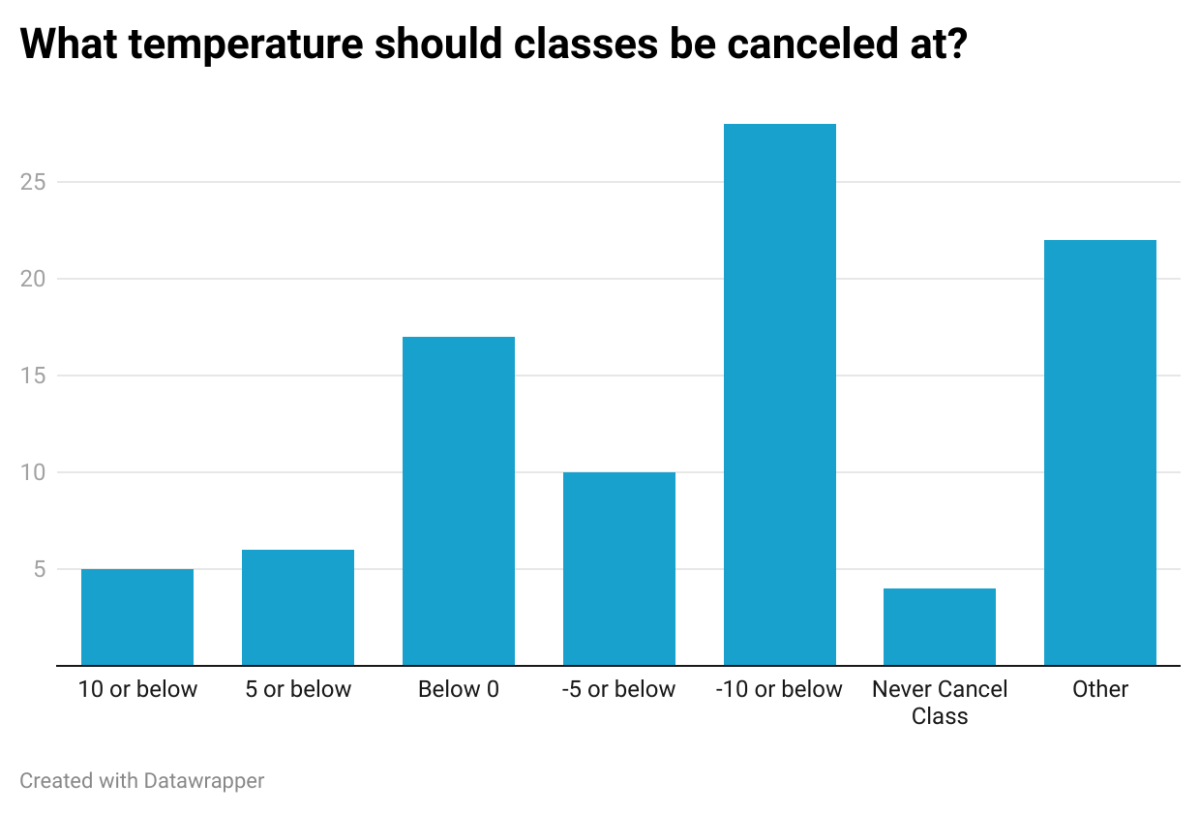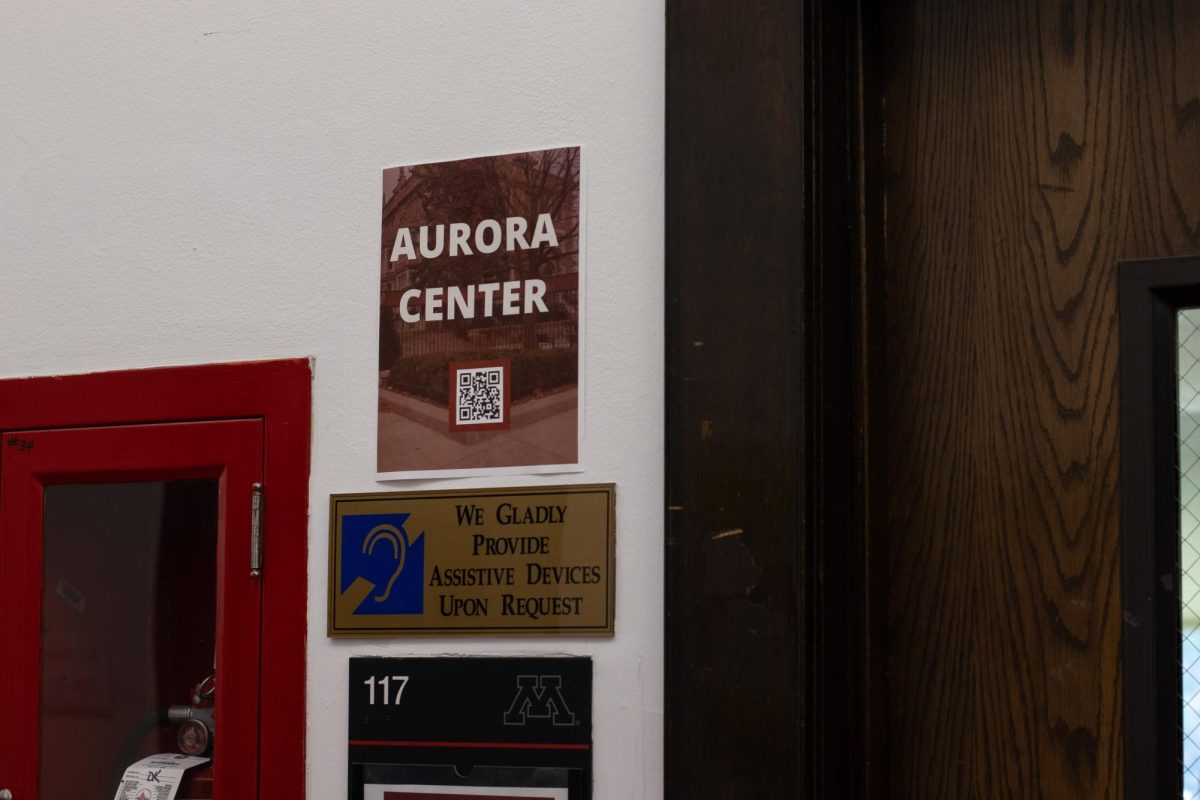Editor’s Note: The poll was completed with the help of the whole opinions desk.
In a survey of our readers, 41 respondents weighed in on the value of Greek life. Of the respondents, 65.9% (27) decided it was not valuable, with 22% (9) deciding it was and the remaining five respondents clocking in as unsure.
These results are unsurprising considering Greek life only accounts for about 3,000 students at a school that had 54,955 enrolled in 2022–23. If there was a more widespread belief that Greek life was worth the cost, there would probably be more people participating in it. A shocking revelation, I know.
But why is it that such a large number of our respondents don’t believe in living the good old-fashioned Greek life?
Respondents, like Regina Dehnert, cited the superficiality of these social groups as a large deterring factor.
“You pay money to be part of the drinking and partying culture that only leaves you feeling more empty, like you need to become someone who you know you aren’t,” Dehnert said.
Speaking of superficiality, what exactly is it that you’re paying for? Some argue that it’s nothing you can’t get for free.
“What are the things that are done there that someone can’t do for free? Make friends? Support disadvantaged communities? Go to parties? None of that warrants paying such money,” said respondent Seyram Agudu.
Many cited the complicated history of diversity and inclusivity within Greek life.
“Greek life is expensive to participate in and comes with a culture historically filled with racism, violence, and classism,” said respondent Jo Meloy.
Respondent Peter Moriarty went as far as to label it as having a “clique-y/daddy’s money vibe,” while respondent Mahlon Collins simply referred to it as a “net negative to the University.”
So it is clear a large portion of our student body holds a distinct ire towards Greek life, but what about those who have found a diamond in the beer-soaked rough of a frat house basement?
“I am personally [part] of Greek life and it is one of the best decisions I made,” said respondent Kate Kalis, who would go on to list some of the many benefits of Greek life including affordable housing, leadership opportunities and all the benefits of listing Greek life membership on your resume.
Others cited the importance of finding community on a campus as large as ours.
“Greek Life — without the antiquated harassment — is a way for students from all parts of the state or country or first-generation students to connect as a community within a huge campus, build friendships, learn the ins and outs of UMN life, find academic support and mentoring, and become involved as a team in charity or community work,” said respondent Kathy Henderson.
There is no question that Greek life can do a lot for one’s social standing and integration into the collegiate rite of passage that is the party lifestyle, but how do they fare in promoting academics?
Respondent Cassandra Riddle, who also voted unsure, credited her sorority sisters with getting her on the right track academically, said, “My sisters were the only reason I graduated college.”
Riddle also mentioned the sense of community and philanthropy she took part in left her proud of her time in a sorority.
It is widely agreed Greek life is an imperfect system that isn’t for everyone. Usually, that would be okay, but when an organization isn’t right for people because they feel unwelcome or unsafe due to their race or gender, it’s not hard to imagine why many people view it all so unfavorably.
There are certainly upsides to Greek life with fun and growth to be had, but if the personal growth touted by many alumni of Greek life isn’t reflected within the institution itself, public opinion will continue to be poor.














